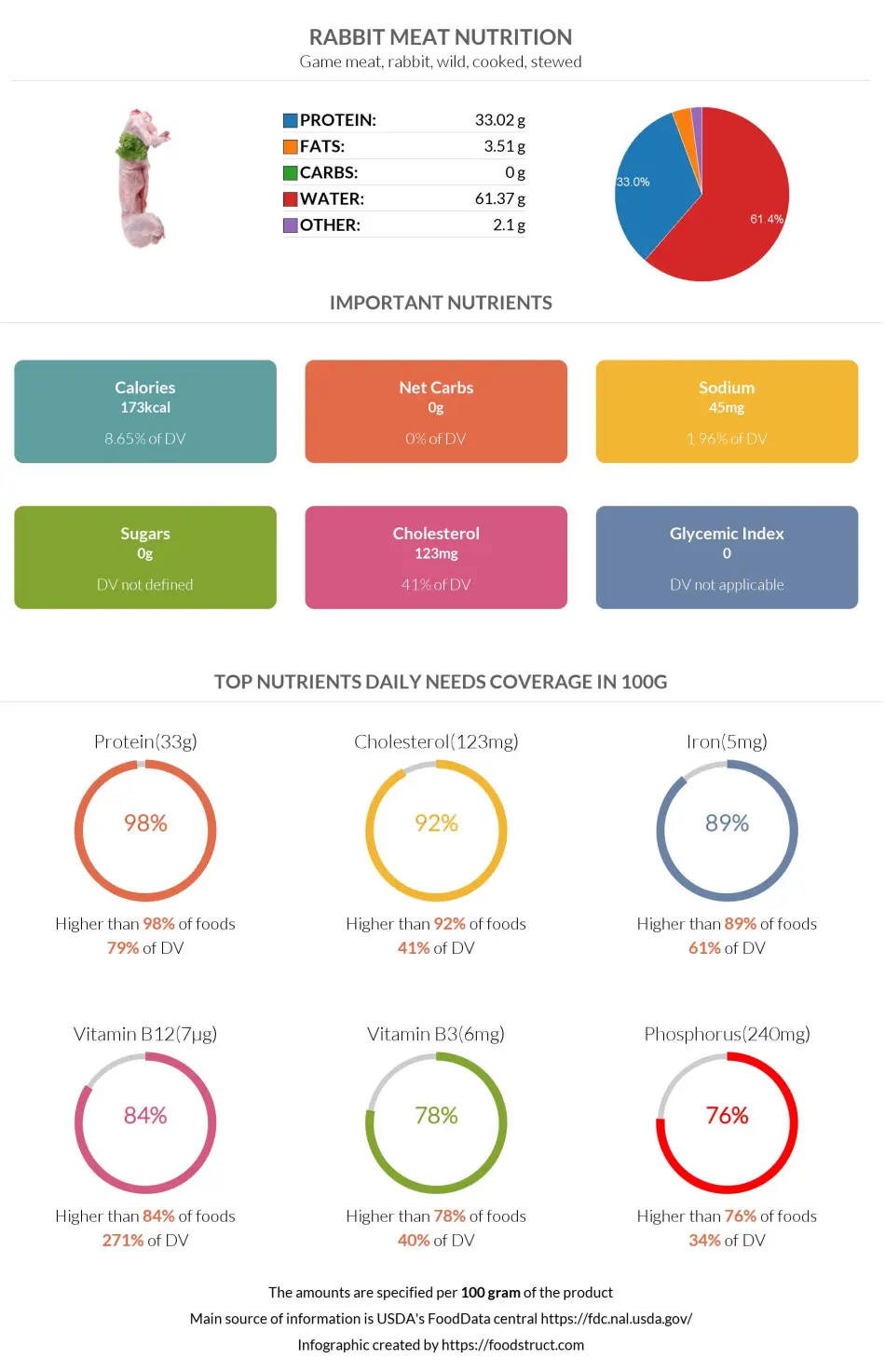Gold Supporter
- Messages
- 24,603
- Reactions
- 37,335
I have read about people getting sick and even dying from trying to live on a diet of lean meat like rabbit. This has been referred to as Protein Poisoning but is supposedly due to the lack of fat in the diet?
Then we have some Vegan starch type diet proponents that promote ultra low fat diets fat with recommendations of 10% or less fat in your diet. This is supposedly very healthy.
How can both of these be true? Is the healthy window of fat we should consume so narrow, that at 10% it's really healthy but at some level under that you die?
Edit: The reason I am asking is because I plan on significantly upping my protein intake and reducing carbs and fat. I don't want to end up with Protein Poisoning but some starvation would be helpful. Internet says the average human can only convert up to 1000 calories of energy from protein, no matter how much you eat. That sounds good to me.
Then we have some Vegan starch type diet proponents that promote ultra low fat diets fat with recommendations of 10% or less fat in your diet. This is supposedly very healthy.
How can both of these be true? Is the healthy window of fat we should consume so narrow, that at 10% it's really healthy but at some level under that you die?
Edit: The reason I am asking is because I plan on significantly upping my protein intake and reducing carbs and fat. I don't want to end up with Protein Poisoning but some starvation would be helpful. Internet says the average human can only convert up to 1000 calories of energy from protein, no matter how much you eat. That sounds good to me.
Last Edited:












